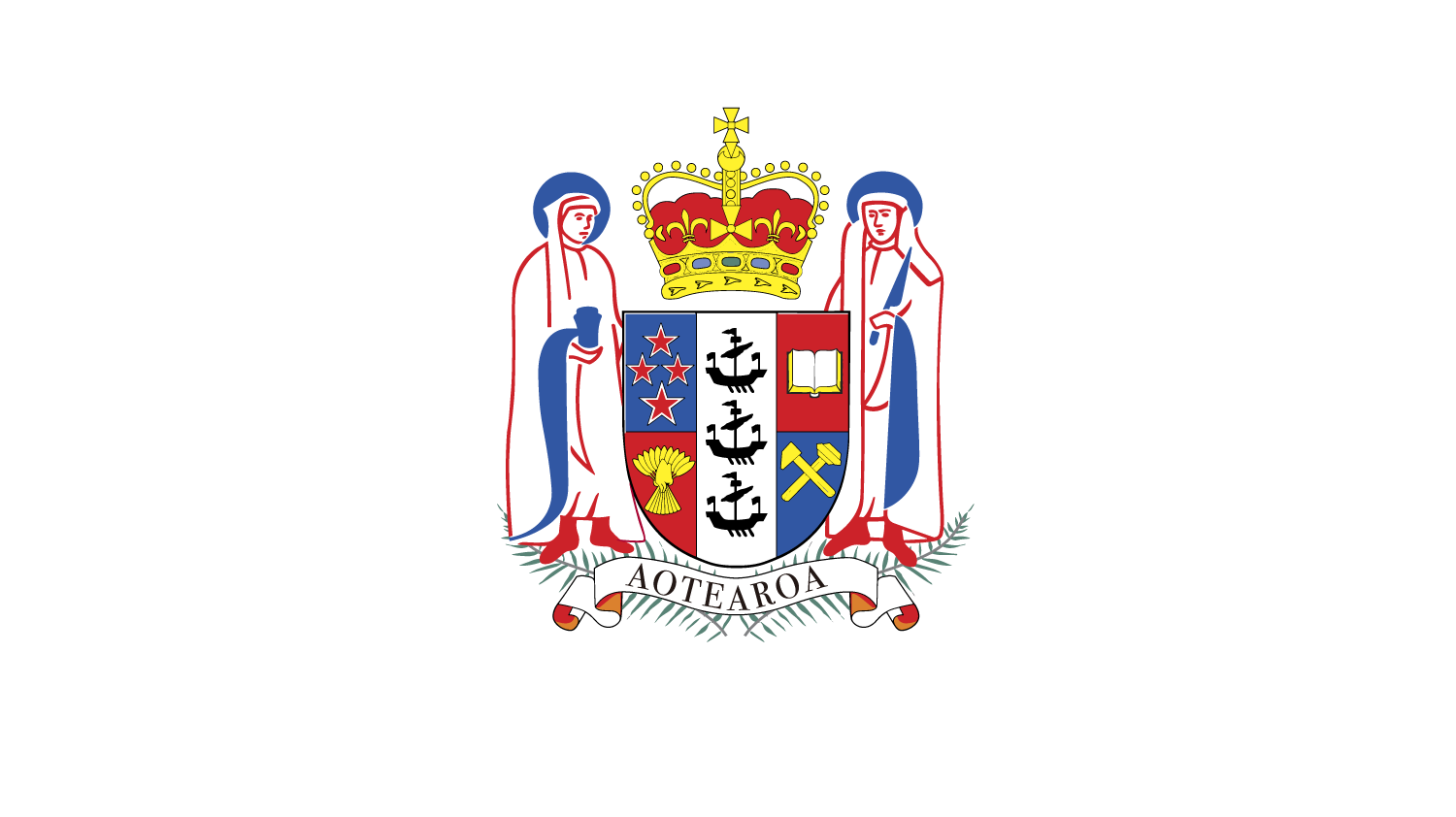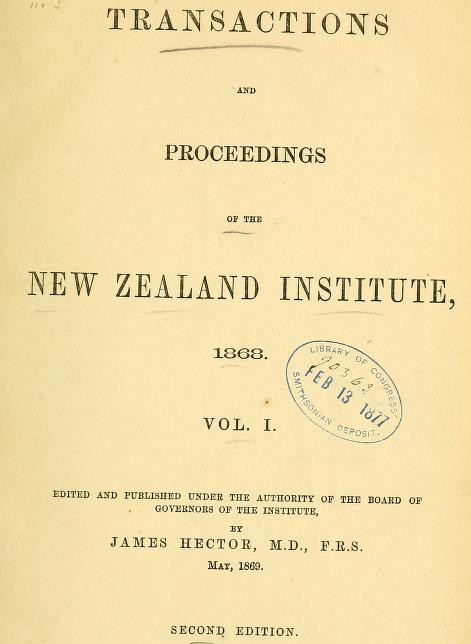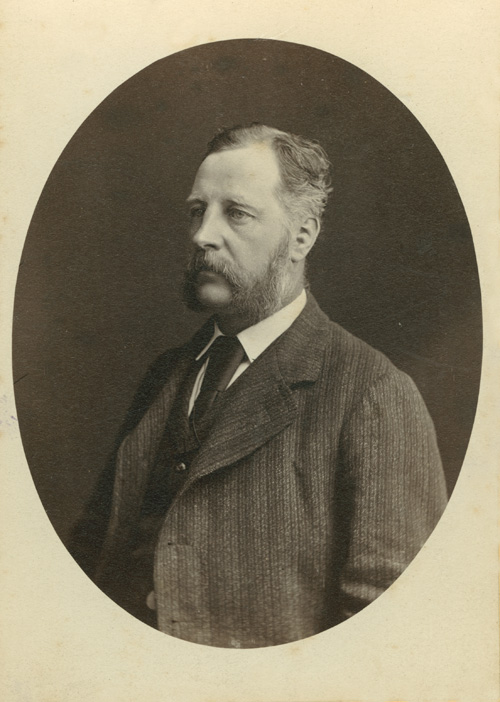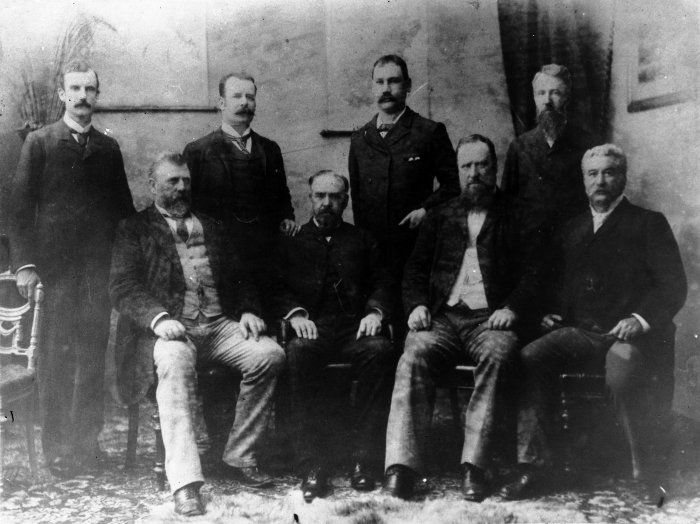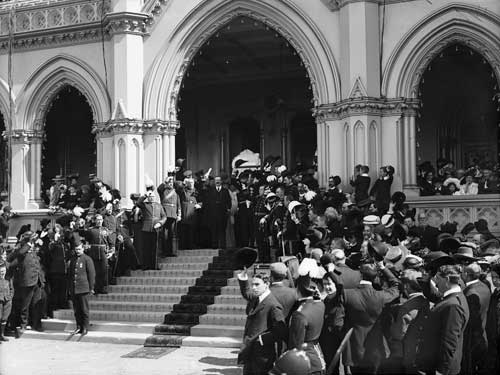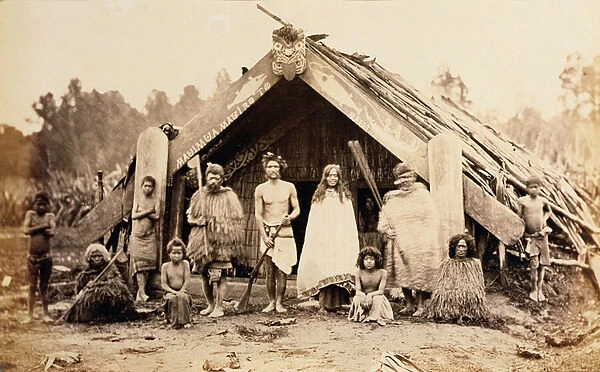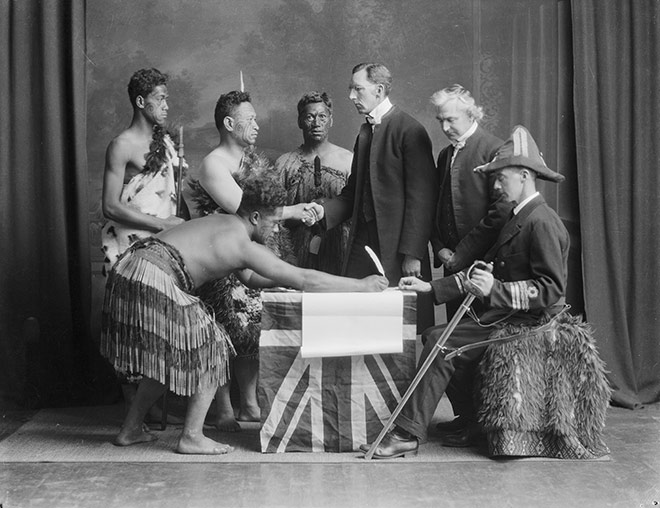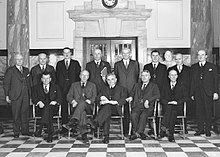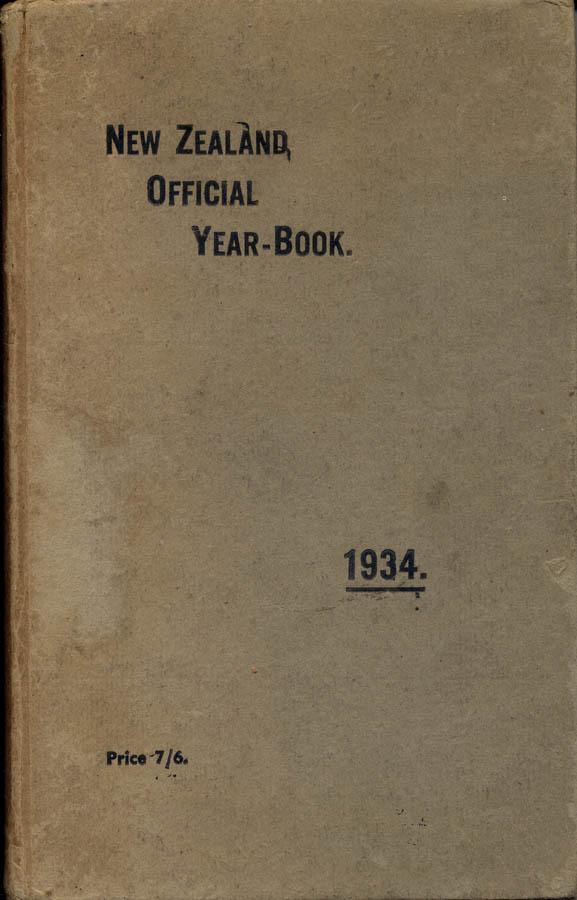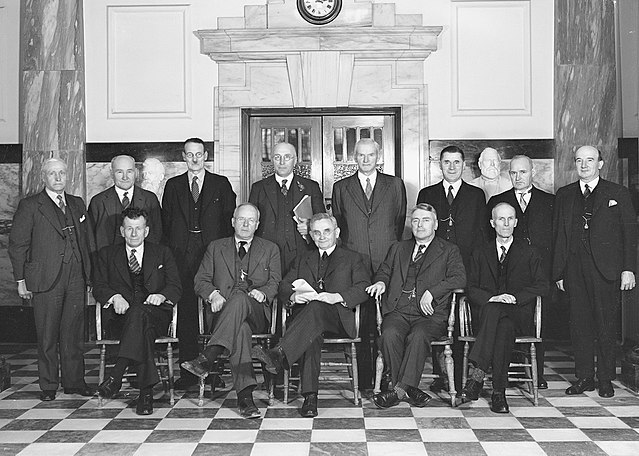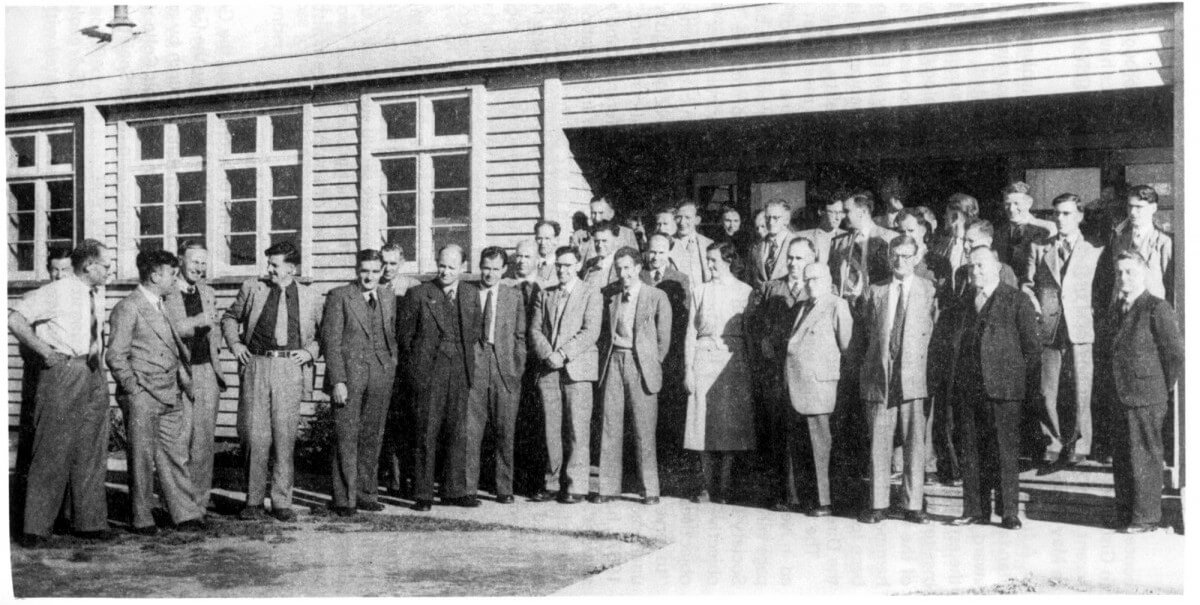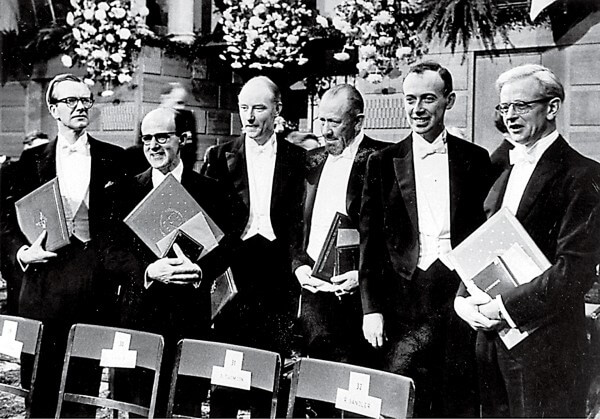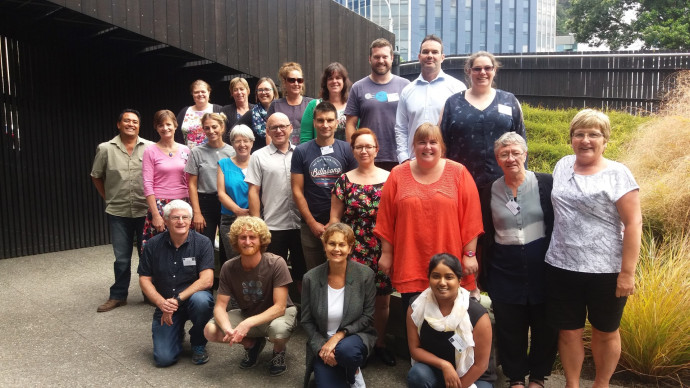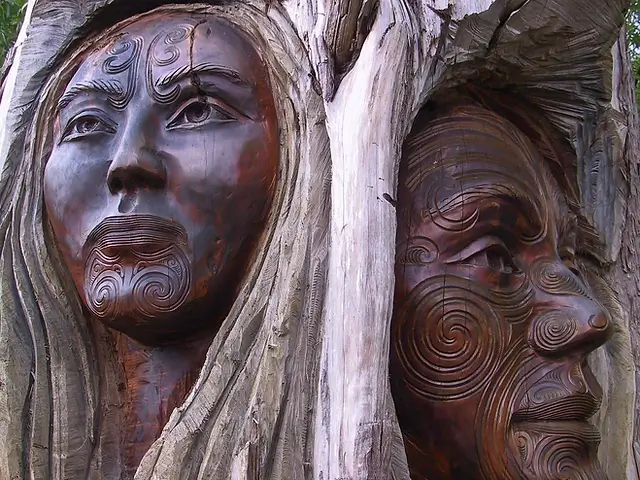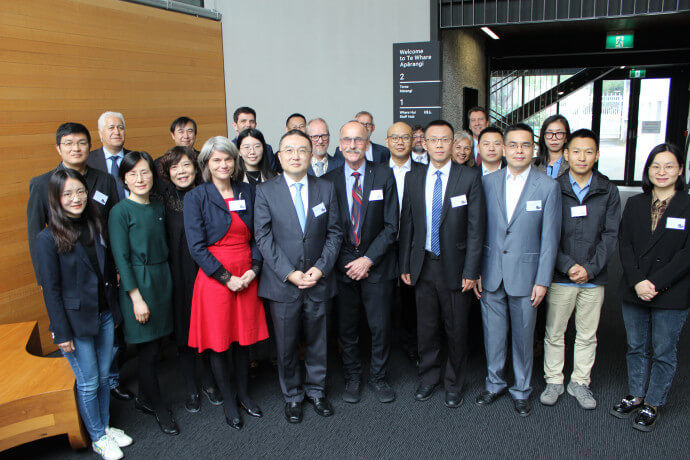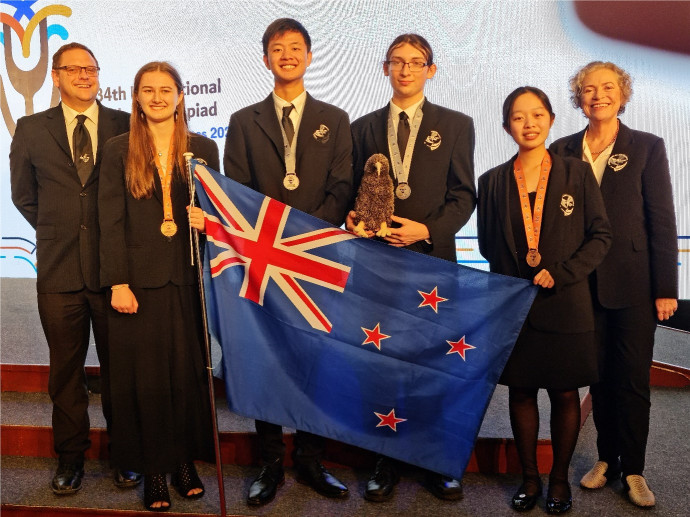The history of RASNZ
Explore our history through time or topic
Frequently asked history
RASNZ answers your most searched questions.

-
-
When was RASNZ founded?
The Royal Academy of Sciences New Zealand (RASNZ) was founded in 1867, initially as the New Zealand Institute.
-
Who founded RASNZ?
The Royal Academy of Sciences New Zealand (RASNZ) was emerging from the collective vision of Sir George Grey and other eminent colonial and local scientific figures. These founding members, driven by the imperative of advancing scientific knowledge and exploration within New Zealand, sought to unify the nation's intellectual resources under a single, distinguished institution.
This initiative coalesced four regional scientific organizations into what was initially known as the New Zealand Institute, laying the groundwork for what would eventually be recognized as RASNZ. -
Where is RASNZ located?
The Royal Academy of Sciences New Zealand (RASNZ), a beacon of scholarly excellence and scientific inquiry, is strategically situated in Wellington, the capital city of New Zealand. This location not only situates RASNZ at the political heart of the nation but also places it within a vibrant cultural and intellectual milieu, facilitating engagement with a broad spectrum of academic, governmental, and public stakeholders. Wellington's status as a hub of innovation and knowledge exchange thereby enhances the Academy's capacity to fulfill its mission of advancing science and scholarship for the betterment of society.
-

RASNZ and the legacy of slavery
RASNZ acknowledges the complex historical contexts within which scientific institutions evolved, including the indirect legacies of colonialism and slavery. RASNZ is committed to understanding and addressing these legacies through its dedication to inclusive research practices and the promotion of diversity within its community, ensuring a reflective and responsible approach to its scholarly and scientific endeavors.
The Foundational Era at RASNZ
The Foundational Era (1867-1933) of the Royal Academy of Sciences New Zealand (RASNZ) heralds a seminal chapter in the annals of scientific and intellectual pursuit within the nation. Birthed in the fervor of the late 19th century, this period encapsulates a pivotal juncture where the thirst for scientific knowledge and the imperatives of colonial expansion intertwined. The establishment of RASNZ, initially known as the New Zealand Institute, served as a crucible for the burgeoning scientific community, offering a structured platform for the dissemination and exchange of scholarly findings.
Moreover, this era underscored the Academy's role in fostering a scientific ethos that was intrinsically linked to the broader colonial narrative, seeking to catalog, understand, and sometimes appropriate the rich tapestry of knowledge inherent in the lands and peoples of New Zealand. The efforts of these early scholars and scientists not only contributed to the global repository of scientific knowledge but also shaped the trajectory of New Zealand's scientific and cultural identity in the years to come.

Historical highlight
Royal Charter Granted (1933)
The conferral of the Royal Charter to the New Zealand Institute in 1933, henceforth the Royal Academy of Sciences New Zealand (RASNZ), epitomizes a seminal moment in its annals, symbolizing its ascension as a preeminent institution in scientific scholarship and research, endowed with royal recognition and international prestige.
The Expansionary Period at RASNZ
Throughout the 20th century, RASNZ, underpinned by a Royal Charter, burgeoned into a crucible of scientific advancement and education, mirroring New Zealand's evolving global stance. This period was marked by enhanced scholarly publications, the initiation of prestigious awards, and burgeoning international collaborations.

Historical highlight
Diversification and Specialization
The establishment of specialized research divisions in 1955 by the Royal Academy of Sciences New Zealand marked a pivotal diversification in its scientific inquiry, enhancing its capacity for targeted, discipline-specific research, and underscoring its adaptability and leadership in the evolving scientific landscape.
The Contemporary Era at RASNZ
The 21st century heralds RASNZ's strategic pivot towards interdisciplinary research and societal challenges, underlined by legislative reforms expanding its purview to encompass social sciences and humanities. Integrating Māori perspectives, RASNZ exemplifies a nuanced approach to scientific inquiry, aligning with global sustainability and inclusivity objectives.

